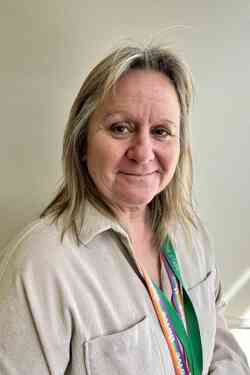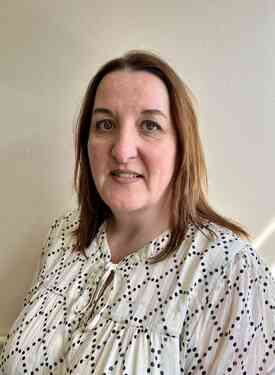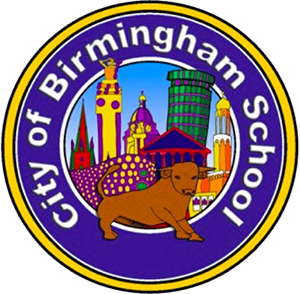SEND
Please click on the link below to complete our SEND Parent Survey:
Send Parent Survey
Letter to Parents - Send Survey
Many thanks for taking the time to complete this questionnaire and help us continue working towards a strong parent/carer and school partnership.
At City of Birmingham School we make provision for pupils who have social, emotional and / or mental health difficulties. We know that some pupils will have other Special Educational Needs in addition to this and we will always do our best to support them. The things we do may vary and actual support will be based on the specific needs of each pupil.
All children in school have extra help in lessons through adaptation and quality first teaching strategies. This means that activities are planned according to the level the child or young person is working at. This can include a variety of adaptions including changes to the physical environment, changes to teaching styles as well as varying levels of adult support.
Send Provision Leaflet 2025
If you’re interested in finding out more about SEN provision at COBS, please see the information sheet below:
What can I expect?
COBS SEN Information Report 2025-2026
You can also see our SEN and accessibility policies on our policy page (accessible from the menu above).
What is the SEN Local Offer?
The Local Offer for SEN is available on the Birmingham.gov website. The offer provides information for families and young people with SEN so that they can access support and advice all in one comprehensive place. Some families may not know about the local offer and have not accessed the website – we want to promote the site and help families to help themselves! Young people have created a short video telling everyone about the offer. Click here to watch.
Contact:
Email: [email protected]
SENCO: Clare McGrath
SENCO Telephone 0121 303 8669
Staff Information
 Deputy SENCoMichele Darke |
 Deputy SENCoDebbie Lynch |
 Deputy SENCoDavid Lyall |
 Deputy SENCoSarah Peckett |
 Deputy SENCoKate Fallon |
 Strategic SENCoClare McGrath |








